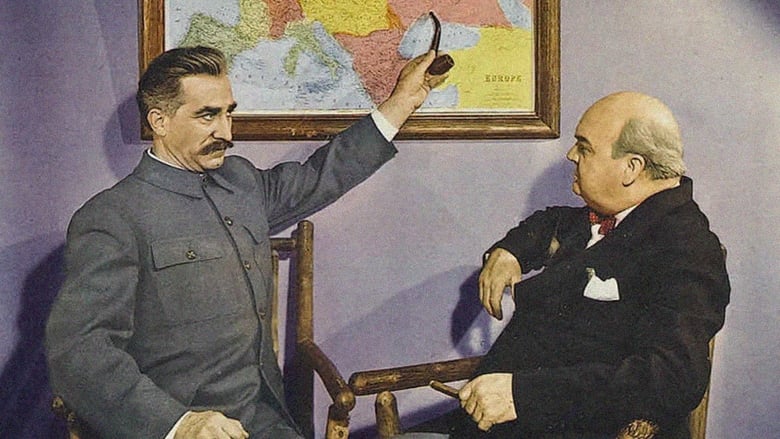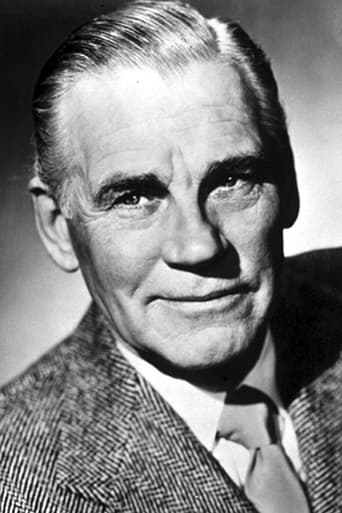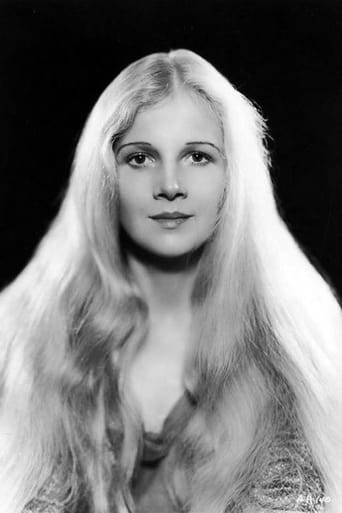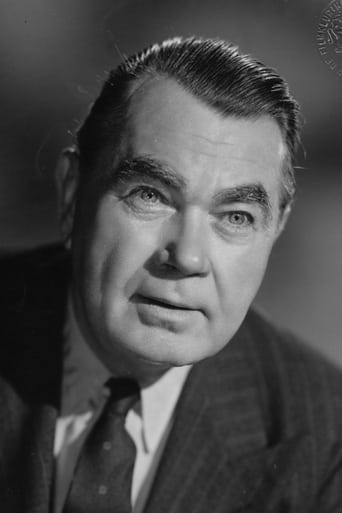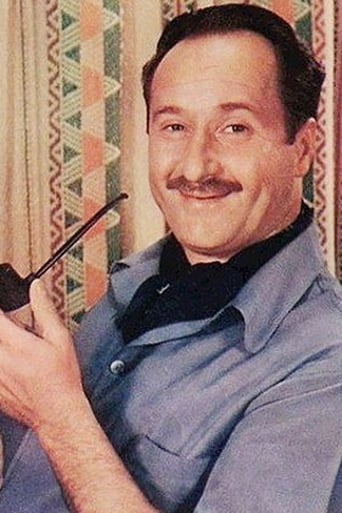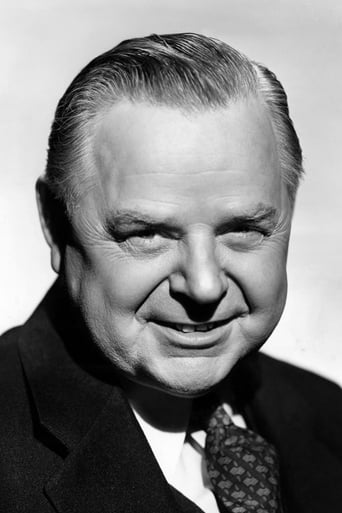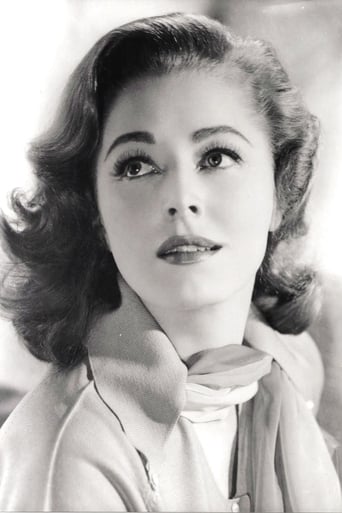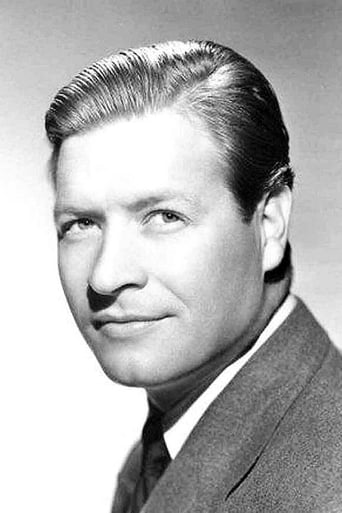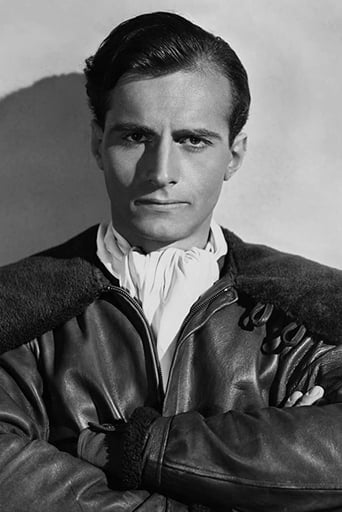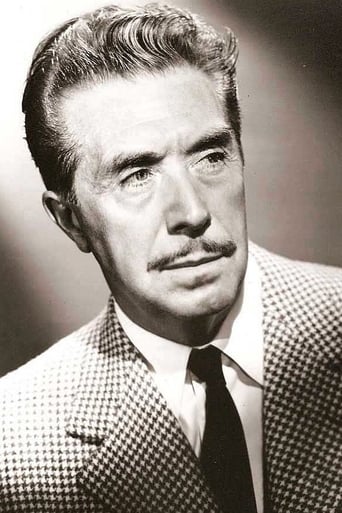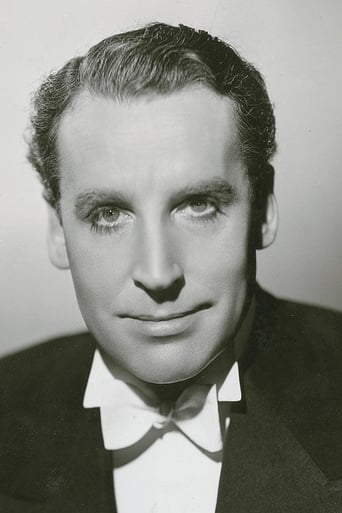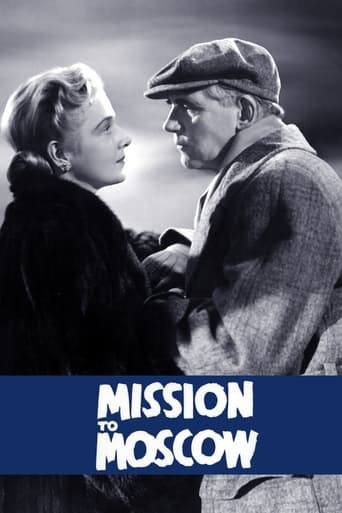
Ambassador Joseph Davies is sent by FDR to Russia to learn about the Soviet system and returns to America as an advocate of Stalinism.
Similar titles
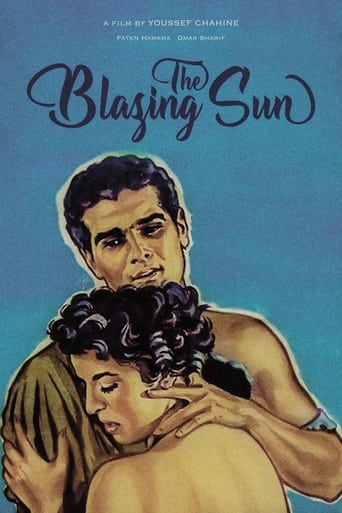
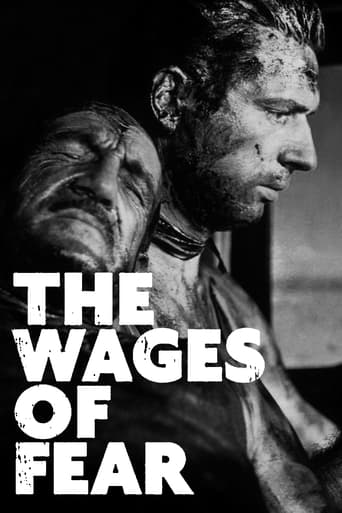

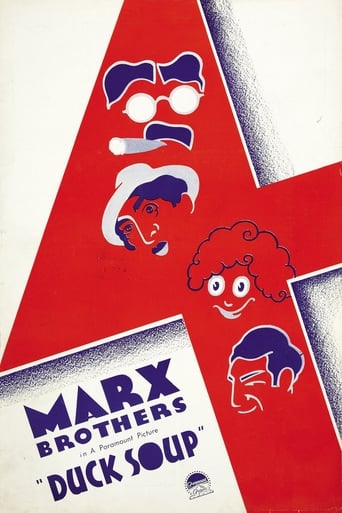

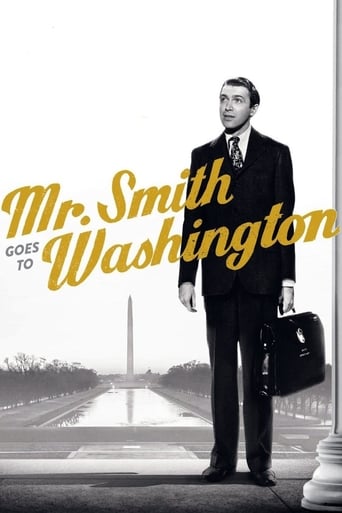

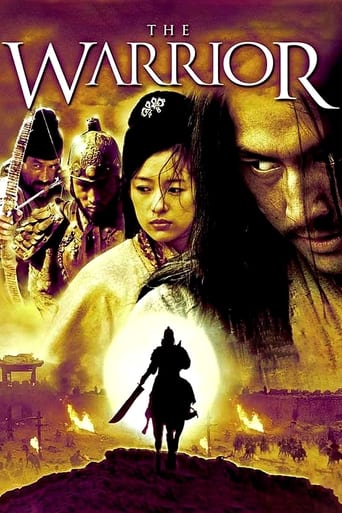
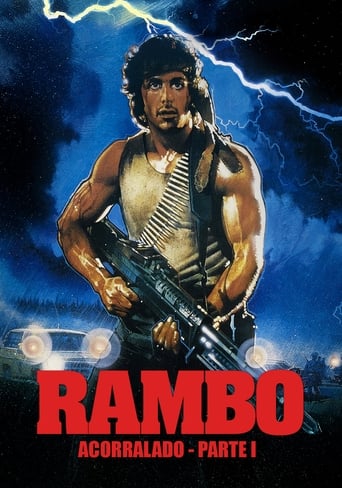

Reviews
best movie i've ever seen.
The film creates a perfect balance between action and depth of basic needs, in the midst of an infertile atmosphere.
what a terribly boring film. I'm sorry but this is absolutely not deserving of best picture and will be forgotten quickly. Entertaining and engaging cinema? No. Nothing performances with flat faces and mistaking silence for subtlety.
A terrific literary drama and character piece that shows how the process of creating art can be seen differently by those doing it and those looking at it from the outside.
What nation in history conducted a propaganda campaign to glorify another nation that it would then spend hundreds of billions of dollars to defend itself against? Or that would spend more than $5 trillion in a nuclear arms race? To those reading this review, the answer is obvious. The U.S. is the only country ever to produce so much propaganda in support of another nation that would soon oppose it. And, that's one of the unique things about this film. "Mission to Moscow" was the first of several Hollywood films to portray Soviet Russia as our good neighbor. The second thing about the film is that it was a sham.This isn't to knock propaganda, which has been used forever. For a good discussion of propaganda and its use, see the review by jacksflicks from Hollywood on April 6, 2004. The performances and film qualities of this movie are okay, but nothing special. It has a cast of prominent actors, as do most of the films that followed. But, why was a major propaganda effort launched then? Warner Brothers made this film at the behest of Pres. Franklin D. Roosevelt. He wanted a movie made from the book by his former ambassador, Walter Davies. That book glamorized the Soviet Union in 1938. But it was a lie, and FDR knew it. Davies supervised the script and everything about the film. The War Department then prevailed on other Hollywood studios to make pro- Soviet movies. After "Mission to Moscow" came out on April 28, 1943, a string of films followed. Columbia released "The Boy from Stalingrad" on May 20 of that year. Samuel Goldwyn and RKO Pictures put out "The North Star" on Nov. 4. The U.S. War Department made a full-length documentary on Nov. 11 that was filmed by a U.S. Army unit in Russia. Three more full-length Hollywood films followed in 1944: "Three Russian Girls" by United Artists on Jan. 14, "Song of Russia" by MGM on February 10, and "Days of Glory" by RKO on June 16, 1944.Most of these films are just fair. But they are unlike any of the other war films being made about resistance fighters and underground forces in other countries. These clearly are propaganda films. But why were they being made by the U.S. to promote another country way into the war? We no longer needed to build American support for Russia, or to urge the Soviets to enter the war on our side. We already had both.Russia was in the war since Germany invaded it on June 22, 1941. It now made the second front that the Allies wanted. England had been sending armaments and supplies to Russia. And, the Russians had stalled the Germans since Aug. 23, 1942, and then defeated them in the Battle of Stalingrad on Feb. 2, 1943. The Allies were winning elsewhere. Germany had lost the Battle of Britain in 1940, and it was fast losing the air war everywhere. The Allies had been bombing Berlin since 1940. They defeated the Germans at the Second Battle of El Alamein on Nov. 11, 1942, and German surrender in Africa would come on May 13, 1943. That was just nine days before this film was released. So, there clearly was no need for a new propaganda push by the U.S. in support of Soviet Russia. Unless there were other reasons FDR wanted Americans to have friendly feelings toward the Soviets? Because, once Germany was defeated, public concern would then turn its gaze on communism. So, if Americans would not be wary of Russia, there probably wouldn't be much concern about Europe after the war. Germany, of course, being the exception. Well, that's how it turned out. Winston Churchill coined the phrase "Iron Curtain" for the Soviet domination of Eastern Europe. That was in a speech he gave on March 5, 1946, at Westminster College in Fulton, Missouri. Churchill had been a strong advocate for the freedom of eastern Europe after the war, especially Poland. Some 200,000 Polish soldiers were serving under the British Army. The Yalta Conference of February 4-11, 1945, was to determine the fate of Europe after the war. It was supposed to give self-determination to the people liberated from Nazi Europe. FDR, Churchill and Stalin all agreed to this.But FDR granted concessions to the Soviets, and Churchill went along. Stalin put in place communist governments in all of Eastern Europe. Poland, Czechoslovakia, Hungary, Yugoslavia, the Baltic States and others would now be part of the Soviet Union, along with East Germany. Stalin hoodwinked the Allies and they didn't lift a finger to stop him. The Allies gave the shaft to the people of Eastern Europe. Was Gen. George Patton right after all – about the Soviets?Many in England saw this as a betrayal of Poland. It likely contributed to Churchill's election loss at war's end. At the Potsdam Conference in July, the Soviets denied that they were interfering in the affairs of Romania, Bulgaria and Hungary. And that was that. Back in the U.S., little care was paid to the fate of the Eastern Europeans. After all, everyone knew how good, decent and trustworthy the Soviets were. We had seen it in all these films and our government, Hollywood and the news media wouldn't lie to us, would they?Just think! If all those countries freely had been able to set up their own governments, the Soviet Union would have been much less powerful. It would have many more countries to face. Maybe there wouldn't have been a Cold War at all. Maybe not a nuclear arms race. Would the world have been better if America's leaders, Hollywood and the news media had supported the truth instead of lies? Many thousands of murdered Eastern Europeans and millions who were oppressed for half a century would probably think so.
Seventy-years later, this Warner Bros. production stands mainly as an historical curiosity. The movie remains interesting for its unbridled admiration for Russia (the term 'Soviet Union' is not used). After decades of anti-Soviet portrayals, this footage really comes as a surprise. Still, the narrative furnishes historical insight into the need to support a dubious ally, particularly while the war's outcome was still in doubt (1943). No doubt, the film's early part amounts to a whitewash of Stalin's show trials, where many old Bolsheviks were eliminated as possible rivals. This, I think, remains one of the film's most hollow parts.As a movie, the two-hours are well-produced, and well-acted by Huston without hint of swagger or ego. His Ambassador Davies may be wrong in many respects but he's not dislikable in the firmness of his opinions. Importantly, about the only dramatic interest is whether a Euro-American coalition can come together to forestall Hitler's grand plans. Of course, the various political maneuverings are much too complex for real movie analysis. Then too, as political background, the Soviets could never be sure whether the capitalist West preferred a fascist Germany to a socialist USSR (consider, for example, the Spanish civil war {1936-39}). On the other hand, there is colorful footage of martial parades in Red Square and docu-footage of happy laborers in factories and fields. However, much of this can now be gotten on The History Channel. Sure, the film works as wartime propaganda, perhaps the only pro-Soviet panegyric ever to come out of Hollywood. Still, it's ironic that only a few years later, Hollywood would turn on a dime and demonize everything Soviet. But then we were assured that The Red Danube (1949) or The Iron Curtain (1949) should not be considered propaganda. After all, we were engaged in another kind of conflict, namely, the Cold War. Funny how these things work, isn't it.
The flaws in this film are gigantic and obvious. The scenes of the show trials, to take one example, not only falsify history, but come off as so flat and awkward as to make it impossible to believe any of the confessions. Which makes me wonder: was this just bad writing by an otherwise gifted screenwriter or deliberate sabotage?We know this much: that Davies had final script approval. It shows: he is in every scene and given the last word on every subject. You can imagine him standing over Howard Koch's shoulder, insisting on rewriting this scene and adding extra touches to another. All this must have been maddening to a professional writer at the pinnacle of his career.Which leads to my pet theory: that Koch exacted his revenge by making Davies look like a fool. While the film may appear to be painting Davies in a positive light – it would be hard for him not to be at least likable with Walter Huston playing him – a closer viewing depicts him not only as naïve and gullible, but also self-centered and vain. What else do we make of those scenes – and they keep recurring – in which various Soviet figures tell Davies how insightful, open and honest he was? Davies, of course, never disagrees, but instead launches into another speech in which he assures his friends that he will tell America or the world what's really going on in the Soviet Union. Whether Davies realized it or not, the film shows him as someone who only needs to be tickled under the chin in order to be seduced.Which brings us back to the show trial scenes. Bukharin did as much as he could to defeat Vyshinsky by admitting as much as he had to in order to save his family but denying whatever else he could, while dropping broad hints that none of what he was saying was true. Koch's script does something similar: the confessions of Radek, Bukharin, Yagoda and the rest sound canned and unconvincing and the defendants themselves look more like defeated party functionaries than conspirators. Which is, of course, the truth—it's just not advertised as such.
Joseph Stalin certainly wasn't a builder for the betterment of mankind, the millions he sent to the gulag are a testament to that. 'Mission to Moscow' is a terrible film, but not because it tries to glamorize Joseph Stalin. If someone wanted to make a film canonizing Stalin I'd say all the power to him. Art is a concept deeper than political ideology. I'd have no problem giving a good review to a film that thought highly of Stalin, the problem is 'Mission to Moscow' isn't a good film.The problem with 'Mission to Moscow' is that it assumes it's audience is incredibly stupid. One general rule about propaganda is that the audience should be able to suspend their preconceptions to be subjected to it's message. You know while watching 'Mission to Moscow' that you are watching a propaganda piece. Compare that to say 'Saving Private Ryan' which is a very good film, but has a blatant fetish for the military. Or if we wanted to stay in the realm of the Soviet Union any of Sergei Eisenstein's films. Even a film critic that believes Communism is a philosophical evil will say that "October" or "Battleship Potemkin" are great cinematic achievements. 'Mission to Moscow' goes for cheap emotional triggers. The performances are so over the top and tongue in cheek to have any credibility to them whatsoever. The fourth wall is consistently broken. Walter Huston who was by all accounts a very capable actor is terrible in this picture, but then again what could he have done with this terrible script? Americans are more susceptible to images than they are to anything else. If 'Mission to Moscow' wanted to truly glamorize the Soviets it wouldn't have Huston narrate everything. Images are more powerful than words with propaganda.And if we want to talk about negative propaganda, why don't we talk about how the film portrays FDR? Franklin Roosevelt has an almost Stalinist Cult of Personality in this film. We aren't even allowed to see his face. The only thing Stalin and Joseph Davies can agree about America is that it has "a great President". If you learn one thing from the terrors of Stalinist Cult of Personality in Russia learn this, no man or political ideology is God like.
Top Streaming Movies











